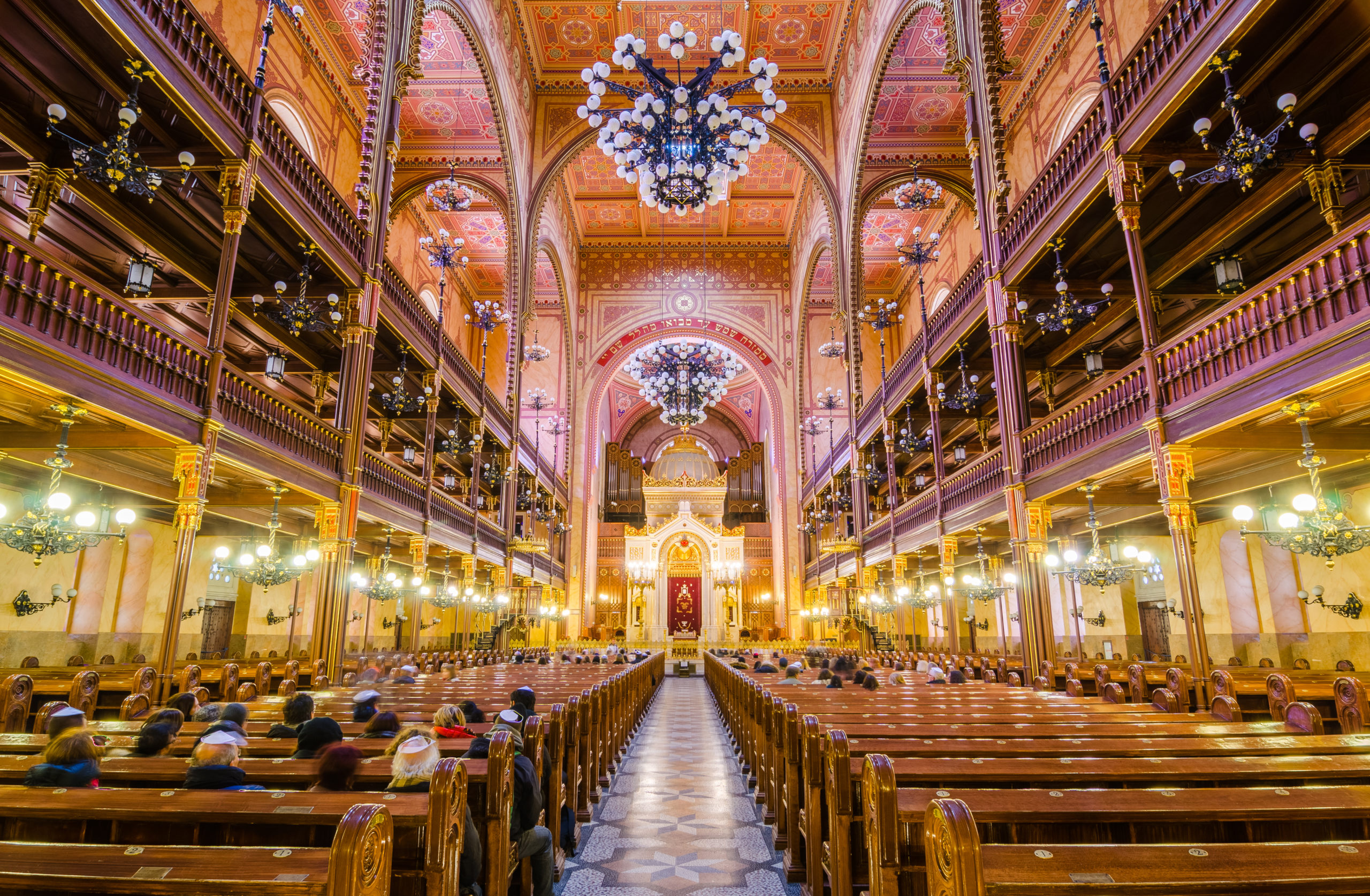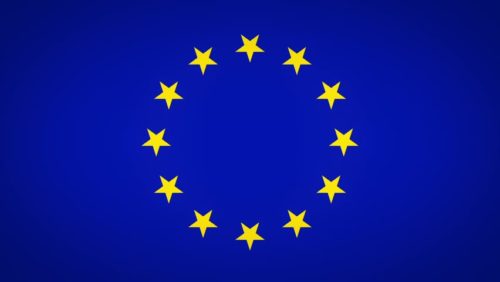Max Planck Institute for the Study of Religious and Ethnic Diversity (MPI-MMG)
Origin
The Max Planck Institute for the Study of Religious and Ethnic Diversity (Das Max-Planck-Institut zur Erforschung multireligiöser und multiethnischer Gesellschaften) was established in 2007 as the Max Planck Institute for Social Anthropology. It was later expanded and renamed to its current form. The institute conducts interdisciplinary research on religious and ethnic diversity, migration, and multiculturalism. It is part of the prestigious Max Planck Society and collaborates with international institutions and scholars in its field.
Aims
The aims of the Max Planck Institute for the Study of Religious and Ethnic Diversity are:
- Understand and study religious and ethnic diversity in modern societies.
- Conduct interdisciplinary research to explore the causes and consequences of diversity.
- Generate new knowledge and insights through empirical studies and theoretical advancements.
- Provide evidence-based recommendations for policy-making and practical applications.
- Foster international collaboration and create a global network of experts.
- Train and support the next generation of scholars in the field of diversity research.
Actions
- Research Projects: The institute conducts research projects on various aspects of religious and ethnic diversity. Researchers explore topics such as migration, multiculturalism, intergroup relations, and the role of religion in society through empirical studies, comparative analyses, and theoretical investigations.
- Interdisciplinary Collaboration: The institute promotes collaboration among scholars from different disciplines. By bringing together experts in sociology, anthropology, political science, geography, and history, it encourages interdisciplinary dialogue and approaches to studying diversity.
- International Networks: The institute actively engages in international collaboration. It collaborates with other research institutions, universities, and scholars worldwide to exchange knowledge, share resources, and conduct joint research projects. This fosters a global network of experts in the field.
- Publications: The institute publishes research findings in academic journals, books, and reports. By disseminating their research, they contribute to the scholarly literature and provide valuable insights to academics, policymakers, and practitioners.
- Policy Engagement: The institute seeks to inform policy and practice by translating research findings into practical recommendations. Through dialogue with policymakers, government agencies, and civil society organizations, they aim to influence policies related to diversity, migration, and multiculturalism.
- Training and Education: The institute provides training and support to the next generation of scholars. It offers opportunities for young researchers to engage in cutting-edge research, participate in workshops and conferences, and collaborate with experienced academics.
- Public Outreach: The institute engages in public outreach activities to raise awareness and foster understanding of religious and ethnic diversity. They organize public lectures, exhibitions, and public discussions to facilitate dialogue and knowledge exchange between researchers and the wider community.



 NOA is co-funded by the Rights, Equality and Citizenship Programme (2014-2020) of the European Union
NOA is co-funded by the Rights, Equality and Citizenship Programme (2014-2020) of the European Union